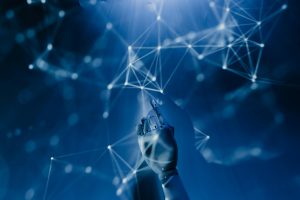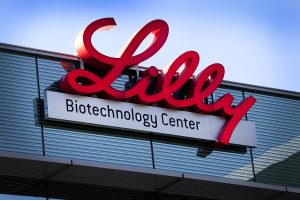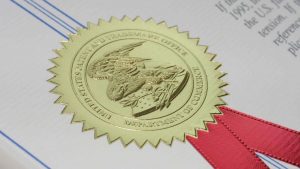The U.S. Patent and Trademark Office (USPTO) recently provided crucial clarification on the patentability of inventions facilitated by artificial intelligence (AI). The announcement, made on February 12th, has significant implications for intellectual property (IP) law and innovation in the rapidly evolving realm of AI technology.
 The USPTO’s guidance delineates the conditions under which patents will be granted for AI-assisted inventions, emphasizing the indispensable role of human ingenuity in the innovation process. According to the new directive, patents can encompass AI-assisted inventions “for which a natural person provided a significant contribution.” This pivotal criterion underscores the agency’s commitment to fostering innovation while maintaining a balance that avoids undue restrictions on future developments.
The USPTO’s guidance delineates the conditions under which patents will be granted for AI-assisted inventions, emphasizing the indispensable role of human ingenuity in the innovation process. According to the new directive, patents can encompass AI-assisted inventions “for which a natural person provided a significant contribution.” This pivotal criterion underscores the agency’s commitment to fostering innovation while maintaining a balance that avoids undue restrictions on future developments.
The emergence of artificial intelligence has precipitated novel challenges in IP law, prompting inquiries into the patentability of inventions produced with AI assistance. While U.S. courts have determined that AI systems themselves cannot be patent holders for fully AI-generated inventions, the issue of human involvement in AI-assisted inventions remained unresolved until now.
 Indiana Intellectual Property Law News
Indiana Intellectual Property Law News



